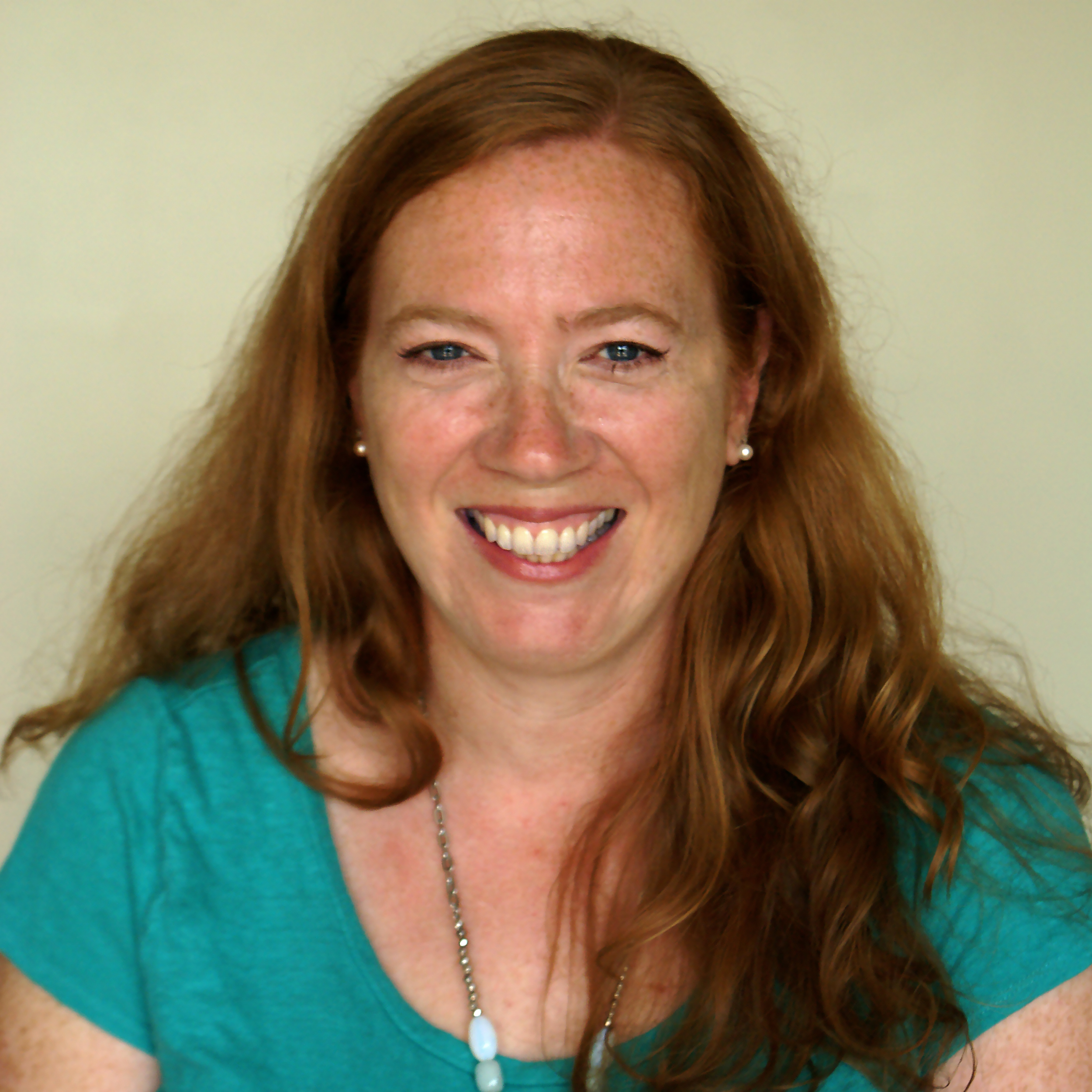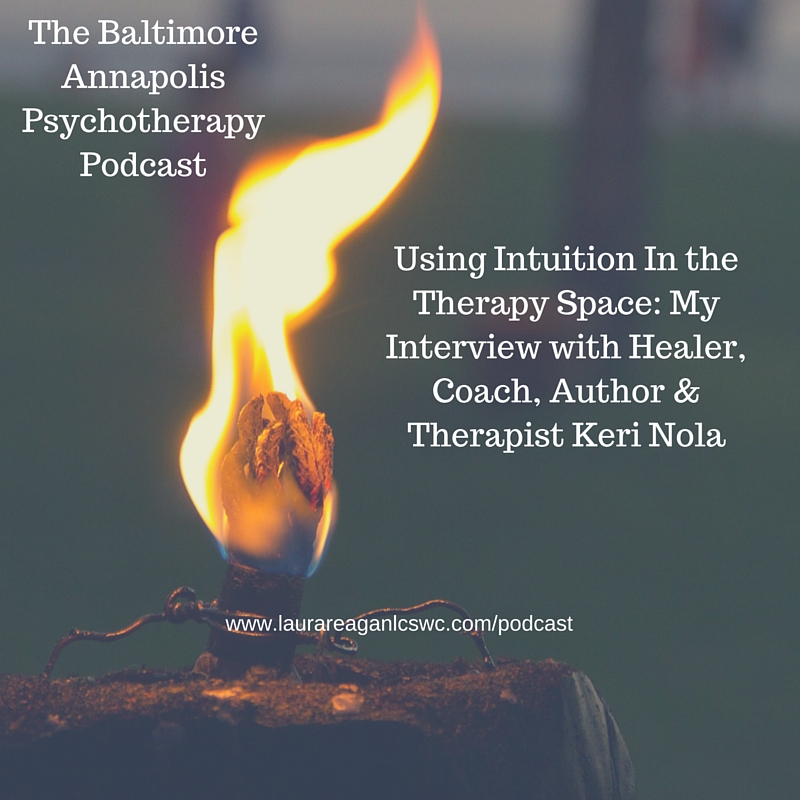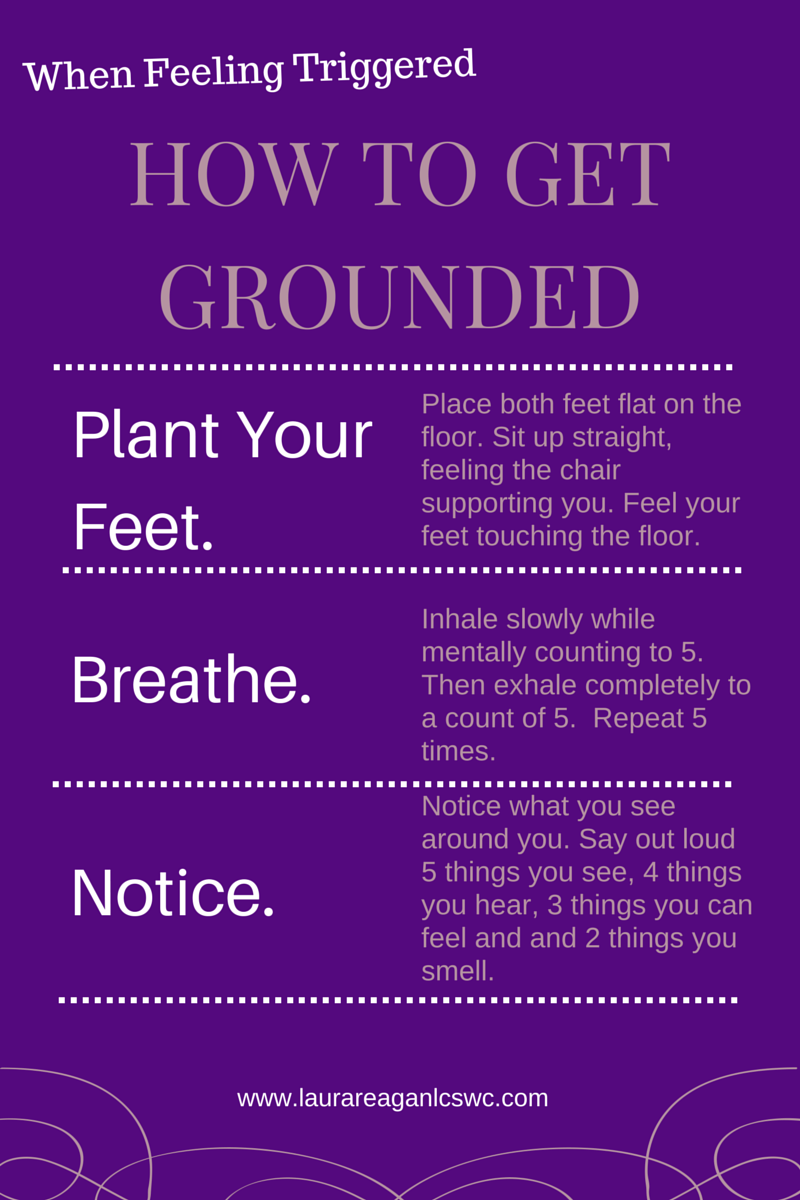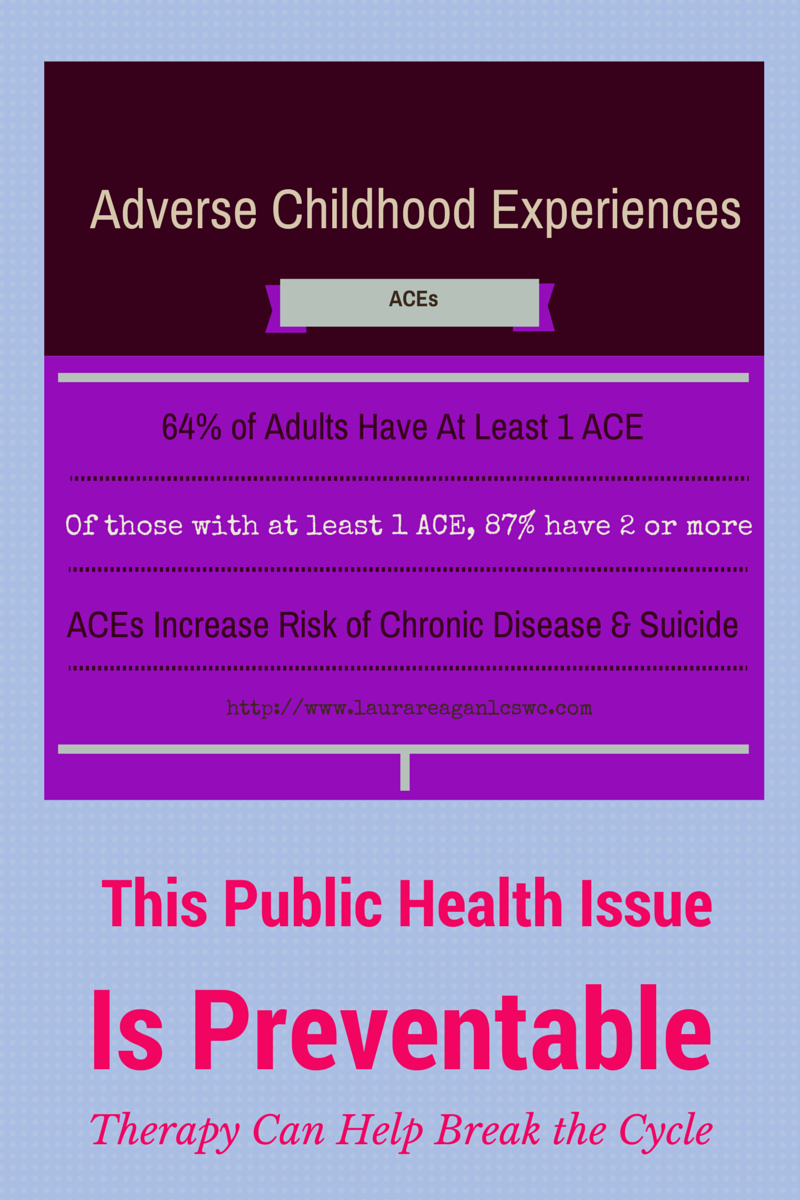It's International Podcast Day! Find out why you should be listening to podcasts, how to do it, and get started today with these 5 recommendations!
It's International Podcast Day! To celebrate, I created this list of 5 podcasts I recommend to clients and other people in my life on a daily basis. If you are interested in emotional health, wellness, family, parenting, relationships, trauma and improving your most important relationship - with yourself - you will find at least one on this list that you will enjoy. I think you'll love all of them! I do.
First Things First.
Have you wanted to start listening to podcasts but you're not really sure how it works? I felt that way too - and look at me now, I'm a podcaster myself! Listening to podcasts is easy! There are so many ways you can do it. Here's a mini tutorial and then we'll get to the list of recommended podcasts.
How Do I Find Podcasts?
Podcasts can be found in many different places - I'll use my own podcast as an example to show you. Each podcast is posted in various places, depending on the preference of the host. They are usually available on the host's website - see example of my podcast here. You can find almost every podcast on iTunes (mine is here); they are also found on Stitcher; iHeartRadio; Google Play Music; and even YouTube! There are many other places to listen to podcasts. Once you find one you like, see which places it's hosted to find your favorite.
What Can I Use to Listen to Podcasts?
Your Smartphone - You can listen to podcasts using a smartphone with a podcast app. There is a podcast app built into iPhones which connects directly to iTunes. There are other apps you can download to your iPhone or Android phone which have various features making it easy to subscribe to your favorites and make playlists. The great thing about listening to podcasts on your phone is that you can take it with you to the gym, on a walk, or while you are making dinner.
Image credit: Pixabay
Your Computer - If you're not a smartphone user or you spend more time at a desk than out and about, your computer is another great option for listening to podcasts. iTunes is available on both Mac and PC, but if you don't like iTunes you can also open up YouTube and listen that way. You can learn more about topics you choose while performing other tasks on the computer.
In Your Car - Here in the DC area, where I live, most people have long commutes from 30 minutes to 2 hours. Podcasts are perfect for listening in the car. You can bring up the podcast on your phone and plug it into your car's Aux port, connect it with Bluetooth, or just listen through the phone's speaker. Many newer cars have built in music players where you can access podcasts now, and more will be coming in the future. If you have a long commute but don't drive, that's fine too! That's an excellent time to listen on your phone.
Why Should I Listen To Podcasts?
Variety - You can hear anything on podcasts: how to cope with anxiety; listen to comedy performances or the news; learn a new language; hear TED Talks; get help falling asleep (not while driving); start building a business; find out what your favorite sports team is doing; and many, many more subjects. There is most likely a podcast for any subject you are interested in. If not, why don't you start one? Nothing's stopping you! Anyone can podcast!
Control - If you don't like a certain episode you can skip it. Unlike radio, if you miss the newest episode you can listen to it later. Many podcasts have ads, but far less than radio, and you can skip them if you choose. You can listen over and over to your favorite episodes and share them with your friends by sending them a link in an e-mail or text message. You also have privacy. If you want to think about how to cope with erectile dysfunction but you're uncomfortable talking about it with anyone, even your physician, you can bet there is a podcast out there on that subject. You can listen without anyone else even knowing. By the way, if there isn't a podcast on ED yet, somebody should get on that because I'm sure it would be a huge hit!
Free Content - Most podcasts are free to listen to, and you can listen as many times as you want. Some podcasts have membership sites where you can make a donation or pay a minimal subscription fee to support production costs, and if you love a podcast and want it to keep going you can feel good knowing you're helping out.
Okay, so now you know how to listen and why you should start listening to podcasts - so let's get to the nitty gritty! Here are 5 podcasts I frequently recommend to my therapy clients as well as my friends and family members. Full disclosure - I've been a guest on every one of these (and one is my own). Read on to find out what you can expect on each of these podcasts and why I love each one. Then add your favorite in the comments!
My 5 Most Frequently Recommended Podcasts:
1. Women In-Depth with Lourdes Viado, MFT, PhD
I love this podcast. Lourdes Viado, MFT, PhD is a Jungian psychologist in Las Vegas. Her podcast, Women In-Depth, is focused on discussing some of the subjects that women talk about amongst themselves, as well as many topics that are off limits in polite company. I talked with Lourdes about how to respond when your child discloses having been sexually abused. Some other recent episodes have covered the issues of spiritual abuse, infertility and midlife crisis. I recommend this podcast to someone almost every day - and here's a secret: it's not just for women! Many of the topics are applicable to everyone! Check it out on iTunes here.
Click on the image to listen to my interview on Women In-Depth on how parents can support their children who disclose sexual abuse. These are the kinds of uncomfortable, but super important, discussions that happen on Women In-Depth.
2. Mindful Recovery with Robert Cox, MA, PLPC
Robert Cox, MA, PLPC is a counselor in Missouri who is in recovery himself. He is super down to earth yet passionate about mindfulness, substance abuse recovery and trauma. He also has a specialization in working with individuals who are on the Autism spectrum. On Mindful Recovery Robert moves between offering mindfulness tips, psycho-education about substance abuse, trauma and other important subjects, and interviews with fellow professionals and experts. One episode I frequently recommend is on the subject of process addictions. Robert and I share a passion for advocating for survivors of sexual abuse, and you can hear us talking about it soon on Mindful Recovery. I recommend you check out Mindful Recovery Find it on iTunes here.
3. Launching Your Daughter with Nicole Burgess, LMFT
Launching Your Daughter podcast with Nicole Burgess, LMFT is a podcast about parenting, with a unique twist. Nicole focuses her podcast on the issues specific to parents raising daughters into adulthood. Nicole and her guests talk about topics related to improving parents' relationships with their daughters. Nicole and I recently talked about sexual violence, an issue that can affect women at any age (as well as men and people of any gender identity), and I'm looking forward to that episode being released. Nicole interviewed Sharon Martin, LCSW about embracing imperfection in episode 15, which is here. Find Launching Your Daughter on iTunes here.
4. Parenting In The Rain with Jackie Flynn, LMHC, RPT
Play Therapist Jackie Flynn, LMHC, RPT hosts Parenting In the Rain, another parenting podcast I frequently recommend. Jackie covers subjects that are relevant to the parents' emotional experience - when a parent struggles with depression, for example, as well as that of the child, like helping a child with back to school anxiety. Jackie interviewed me about emotional abuse not too long ago. You can listen to Parenting In The Rain on iTunes by clicking here.
5. Therapy Chat with Laura Reagan, LCSW-C (that's me)
I'm obviously biased, but I frequently recommend my own podcast, Therapy Chat. I talk about the subject of psychotherapy, often interviewing fellow therapists who are practicing in ways that are outside of what people usually think of when they consider going to counseling. I've interviewed therapists and other experts on the subjects of mindfulness, trauma, self compassion (with Tim Ambrose Desmond), attachment (with Dr. Jonice Webb) parenting, perfectionism (with Sharon Martin and Dr. Agnes Wainman), self care and worthiness. Dr. Dan Siegel talked to me about his upcoming book The Mind. In the next six months I'll post a series on trauma treatment and a series on attachment, and I published a practice building series for therapists this past summer. You can find Therapy Chat on iTunes here.



























